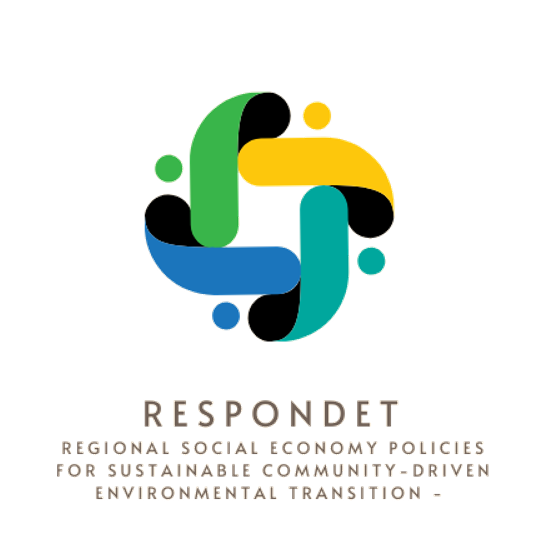On 15 September 2016, the plenary session of the European Parliament has approved the resolution on how best to harness the job creation potential of small and medium-sized enterprises (SMEs) (2015/2320(INI)).
The document is aimed at supporting SMEs in their efforts to combat unemployment (8,9%) and youth unemployment (19,4%) rates, since SMEs provide about two thirds of all private-sector employment in the EU, soundly contributing to the growth and development of the Union.
The text recalls the fact that the social and solidarity-based economy has shown better resilience during the economic crisis than other enterprises in the same sectors, strengthening economic, social and territorial cohesion, while also contributing to smarter, sustainable and inclusive growth, particularly in rural regions.
The text considers that EU and national policies should not only focus on SME start-ups and the creation of new jobs in SMEs and calls for efforts to maintain existing jobs through the promotion of business transfers to employees under the cooperative form as successful types of business transfers, as is proven by their high survival rates and thanks to their capacity to reinforce sustainability and employment.
The European Parliament asks Member States to foster the development of a strong entrepreneurial culture, also through the promotion of apprenticeship schemes within SMEs.
Moreover, the document calls on the Member States to enforce the legislation on the equal access of SMEs to public procurement.
Being aware of the need for a regulatory environment that encourages investment that “concurrently fosters sustainable growth and quality jobs”, the European Parliament emphasises the importance of the social and solidarity-based economy, which provides employment for more than 14 million people, in other words close to 6.5 % of workers in the EU, and recognizes access to finance as a barrier faced by social economy enterprises in particular.
The text also mentions social economy enterprises and cooperative entrepreneurship while underlining the role of forward-looking legislation and process facilitation in the context of rapid developments in the knowledge-intensive and highly innovative SME sector.
 Docs
Docs  Support
Support 






